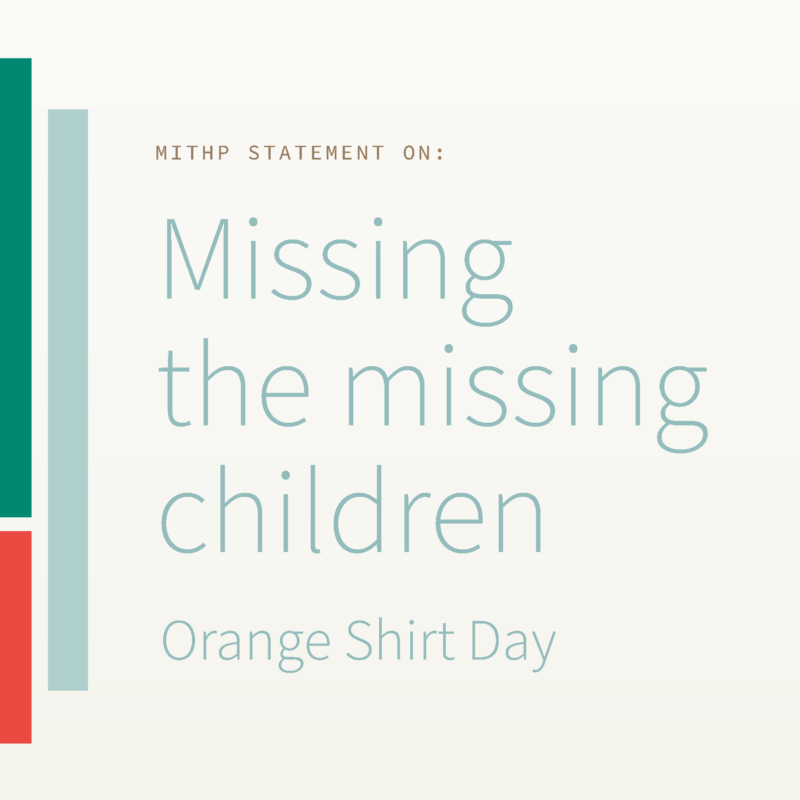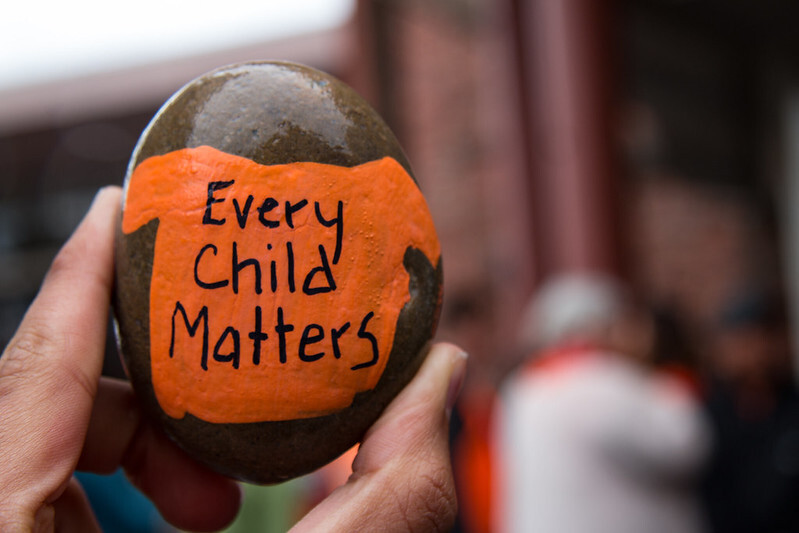Missing the missing children
September 27, 2024

On Monday, 30 September 2024, Canadians will observe “The National Day for Truth and Reconciliation,” or “Orange Shirt Day.” As the Orange Shirt Day website notes, “By wearing an orange shirt on September 30th, you commit to the enduring truth that EVERY CHILD MATTERS, every day and everywhere.”
But despite this being a federal statutory holiday, Canada’s own Federal Government has chosen to limit research into the names and the lives of the children who were sent to Indian Residential Schools (IRS) and never returned. Canada’s “Residential Schools Missing Children Community Support Fund” excludes all of the children who were sent to the Indian Residential Schools that were not included in the Indian Residential Schools Settlement Agreement (IRSSA) or the Newfoundland and Labrador Residential Schools Settlement Agreement (NLRSSA). The IRSSA was a legal agreement between a group of plaintiffs and the parties that ran Indian Residential Schools. The NLRSSA is also limited in the number of Residential Schools and the period of operation of those schools that it recognizes. The list of IRS covered under the IRSSA and NLRSSA is not a complete list of all of the Indian Residential Schools that operated in Canada, and it is currently not clear whether the present Federal terms restrict funding for commemoration to only IRSSA schools.
In Manitoba, this means that there is no support for the research that is needed to recognize and honour the lives of the children sent to two large, federally controlled Indian Residential Schools: the Ruperts Land (Middlechurch) and St. Boniface Indian Residential Schools. Researchers have identified over 70 deaths connected with the St. Boniface IRS alone and it is clear more research into these non-IRSSA institutions in the province is needed.
Federal Government restrictions also exclude the many children who were sent to hospitals and sanatoria when they fell ill in an Indian Residential School. The Manitoba Indigenous Histories of Tuberculosis Project continues to document the many institutions within Manitoba alone where these children were sent to, and the many places that those who passed away were buried. In addition, the Office of the Independent Special Interlocutor for Missing Children and Unmarked Graves and Burial Sites associated with Indian Residential Schools recently released a historical report that outlines the many different types of institutions to which Indian Residential School students were forcibly transferred, including hospitals and sanatoria.
If Canada and Canadians truly want to honour and respect ALL of the children sent away from their families, homes, and communities and the loved ones who continue to search for them, support for research must extend to all the places that these children were sent.

